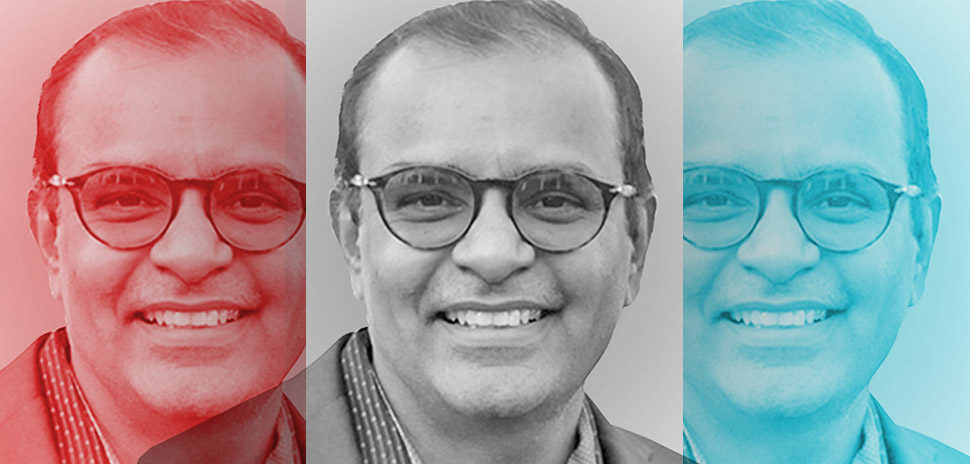Blockchain is the next evolution of the internet that will upend many traditional industries the same way Netflix and e-commerce disrupted traditional cable television and brick and mortar shopping.
And businesses that aren’t jumping on board with the technology could become obsolete.
Experts at the Blockchain Bootcamp Oct. 24 at the Alamo Drafthouse Cinema in Dallas explained how the technology is advancing, why it’s revolutionary, and what to expect for the future.
There are more than 1,200 different types of blockchain on the internet right now handling everything from digital currency (such as Bitcoin) and contracts. Of those, only about 150 actually will become widely adopted.
“We’re in the learning phase and next we’ll move into implementation.”
Cody Marx Bailey
“It’s all speculation and junk,” said Cody Marx Bailey, CEO Of XRAM Capital. “We’re in the learning phase and next we’ll move into implementation. We’re not ready for that transition.”
For comparison, he looked back at how other technologies evolved in human history.
In 1903, the Wright Brothers flew 50 feet. Less than 50 years later, an aircraft broke the sound barrier. By 1969, man landed on the moon. Now, commercial air travel is mainstream and people take it for granted. Aircraft become more complex, but the overall concept remains the same with little innovation year-to-year.

Cody Marx Bailey
Now, transportation planners are moving to the next evolution of travel with the Hyperloop concept.
Internet usage followed a similar adoption curve in the 1980s and into the 1990s. As the technology matured, it became ubiquitous in the 2000s. In 2017, people just expect it to work.
Energy has gone from burning wood, to coal, to nuclear, and now distributed renewable power in a matter of centuries. Smartphones advanced rapidly at first and now the innovation from year-to-year has slowed dramatically.
Blockchain will follow a similar path of innovation, rapid adoption, and then, acceptance.
ETHEREUM CHANGES THE GAME
Bitcoin is the most widely known blockchain, but it’s not the only one. Bailey talked at length about Ethereum, which has the ability to handle contracts, such as real estate escrow, car titles, and other secure transactions.
Traditional businesses that handle these contracts could be disrupted.
Details of a blockchain transaction are spread out over multiple computers in a chain in such a way that no one person can access it. It’s open source and works on multiple programming languages. Computers can mine for Ether by solving complex math problems, thus earning credits, hosting the blockchain, and fueling the growth.
The blockchain is built on the foundation of mature technology that’s already established, such as cheap, easily accessible data storage, computing power, and high-speed internet, Bailey said.
THE ADVANTAGES OF BLOCKCHAIN
The blockchain has several advantages for secure transactions.
Cybersecurity expert David Theodore, who works at Raytheon, said at its core, the blockchain injects trust into transactions.
Ironically, the technology of trust got its start on the black market for illegal transactions such as drugs and malware because it allowed people to remain anonymous.
Realistically, hackers have only minutes or seconds to hack various blockchain programs.
“It’s the most secure record-keeping system to date.”
David Theodore
“It’s the most secure record-keeping system to date,” he said. “It’s fully decentralized. The more nodes that participate, the stronger it gets. They can’t hack all those computers at the same time. I hack stuff that is not disclosed publicly on a daily basis and I can’t do this.”
He likened the node structure of multiple computers working together to the molecular structure of a diamond.
Individuals can monetize their computing space and power for hosting blockchain transactions the same way that people invest in real estate or oil and gas, Theodore said.
He said businesses need to prepare for an exponential growth curve in the blockchain.
“This will take over the computing of the internet,” he said.
![]()
Get on the list.
Sign up to keep your eye on what’s new and next in Dallas-Fort Worth, every day.
And, you’ll be the first to get the digital edition of our new Dallas Innovates magazine:
The annual edition publishes in January
![]()





























